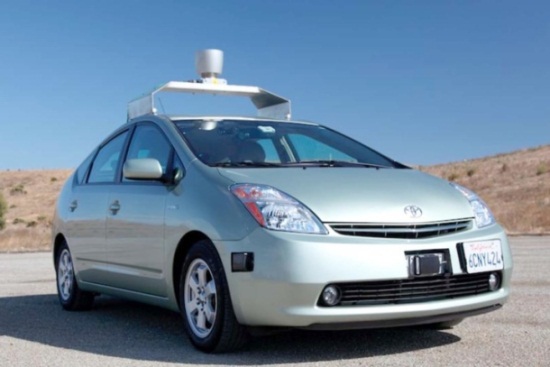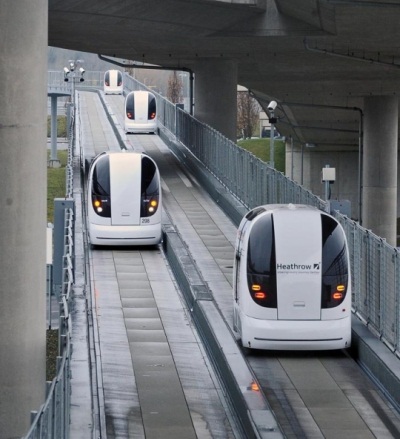Driverless Cars: Encouraging Drinking and Driving?
Posted on Nov 3, 2015 in Safety | 1 comment

Today we learn that a driverless car in China drove 175 miles on a packed expressway without GPS, depending instead on video cameras and radar sensors. Nevada recently passed legislation to legalize self-driving cars—after standards for performance, licensing, etc. are set.
Some car blogs have had a lot of fun reporting that Google’s driverless Prius (above) had its first crash. The company stated that a human driver was at the controls, but this raised the issue of who is at fault when an “autonomous vehicle” crashes. Jalopnik did raise the issue of fault and legal responsibility, and it’s a big one.
They also said :
The biggest battle in auto safety today involves keeping drivers focused on driving. Google’s self-driving car seems like the ultimate distracted driving machine.
When and however they come, driverless cars will give us the benefits of fewer accidents and deaths, less gasoline use and more free time for passengers to play video games, watch mindless movies or get drunk in the car.
The naysayers have been out in force, but as comedian Mort Sahl used to say, “the future lies ahead”—and it surely will include driverless cars in many different applications.

Heathrow Airport in London has22 electric pods (right) that have replaced buses in one of its terminals. Each ferries four passengers and luggage to their parked cars. We’re familiar with Airtrains that move people pilotlessly in large airports, but the pods are a first successful step into the world outside.
The big issue for a lot of people is losing control. It’s a bit like the drunk who won’t give up the keys to his car.
Many think, rightly or wrongly, that the government has too much control over our lives. And many people, rightly or wrongly, are going to fight any relinquishing of their power over an instrument of fun and passion to what will be basically computer control.
The real pleasure and challenge of operating an “autonomous” machine will be lost, at least for commuters on jammed freeways, to Big Brother or Google.
Google’s Sebastian Thrun naturally has a different take.
IBM wants to patent a system that will shut off a car’s engine at traffic lights to reduce excess idling and fuel consumption and make it impossible for a driver to run a red light. The system would require electronic access to the engine, of course, which may have all kinds of legal implications.
As most of you would agree, I think, our society does a terrible job of teaching people to drive and policing their behavior. Instead, we give out speeding tickets. With all the distracting gadgetry and junk now in cars, the problem of moronic drivers is only going to get worse.





.gif)


Well, if you think hybrids have a lot of expensive, high maintenance equipment, wait till you see the price and reliability of an autonomous vehicle. Remember, these are research cars built with big pockets and generally operated under optimum conditions. Having worked on the development of these types of cars (or at least many of their subsystems like autonomous braking, steering and lane sensing) I can tell you that the operation of these systems indiviually have many shortcomings, and integrating them together into a single system is a reliability and safety nightmare. I think there are some applications where this type of vehicle can be a big success, like the airport shuttles, but I’d think twice about inserting myself into a traffic stream with autonomous vehicles.